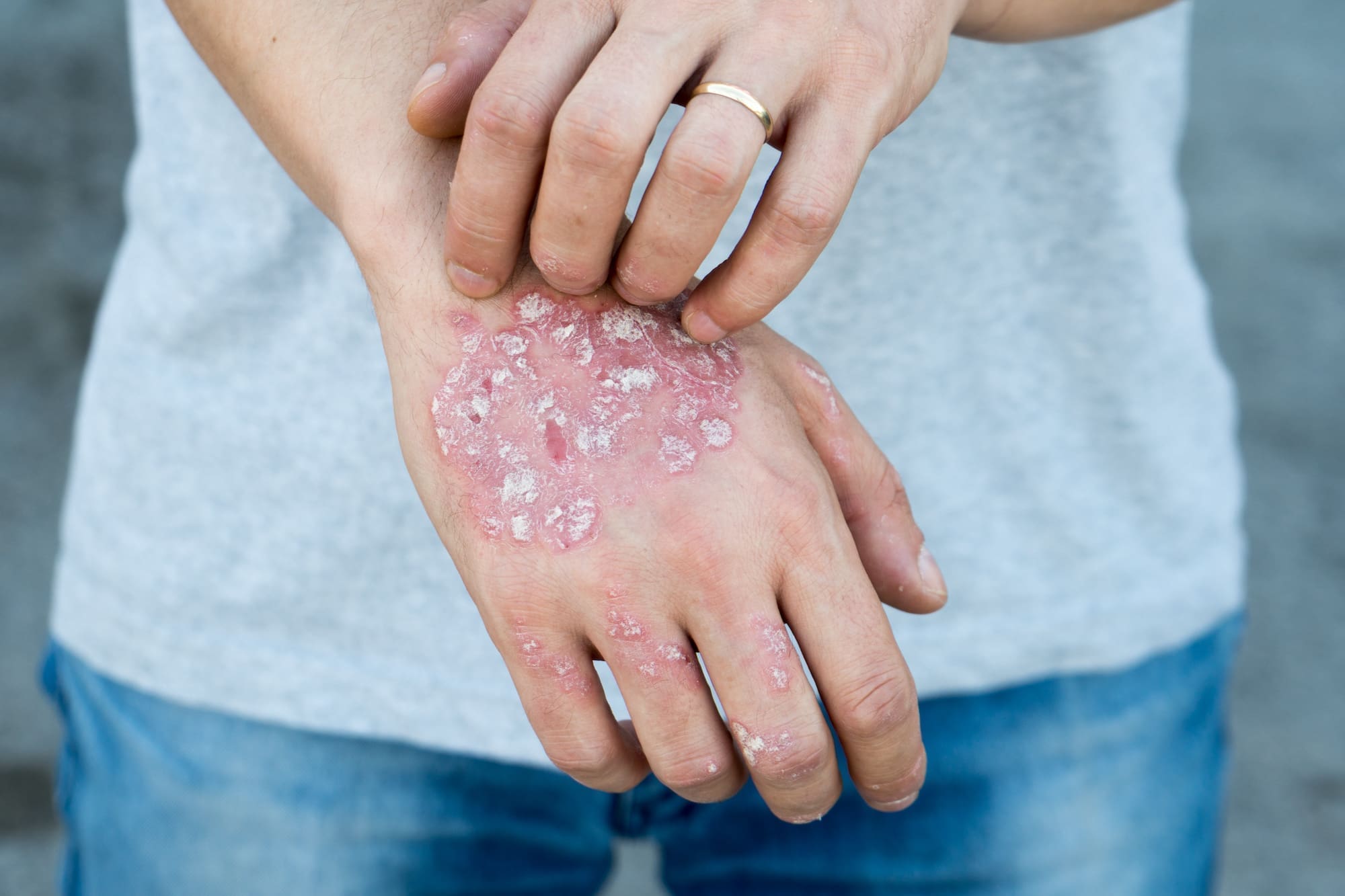Understanding Chlorine Water Skin Tanning: Myths And Realities
Chlorine water skin tanning is a topic that sparks curiosity and concern among many swimmers and sunbathers alike. The vibrant blue of pool water often suggests a fun day ahead, but the effects of chlorine on the skin can be a mixed bag. While some people believe that swimming in chlorinated water can give them a sun-kissed glow, others worry about the potential damage it can cause. This article aims to demystify the relationship between chlorine and skin tanning, providing valuable insights into how this common chemical interacts with our skin.
The reality is that chlorine is a powerful disinfectant used to keep pools clean and safe for swimming. However, its properties can sometimes lead to dryness, irritation, and other skin issues. As we dive deeper into the subject of chlorine water skin tanning, we will explore the science behind it, the effects of chlorine on our skin, and practical tips for maintaining a healthy glow while enjoying the water. By understanding these aspects, you can make informed choices about your swimming habits and skincare routines.
Whether you frequent your local pool or enjoy a day at the beach, knowing how chlorine affects your skin is essential for preserving its health and appearance. This comprehensive guide will address common questions and misconceptions while providing you with effective strategies for managing the impact of chlorine on your skin's tanning process. Let’s dive in!
What are the Effects of Chlorine on Skin?
Chlorine, a chemical commonly used in swimming pools, has several effects on the skin. Here are some key points to consider:
- It can strip away natural oils, leading to dryness.
- Chlorine exposure may cause irritation or allergic reactions in sensitive individuals.
- Prolonged exposure might lead to skin discoloration or rashes.
Can Chlorine Water Help with Tanning?
The idea that chlorine can enhance tanning is a widely held belief. However, the truth may surprise you. Chlorine does not cause tanning in the same way that sunlight does. Here’s why:
- Chlorine does not produce melanin, the pigment responsible for tanning.
- It can actually hinder the tanning process by drying out the skin.
- Any change in skin color may be temporary and not a true tan.
What Should You Know Before Swimming?
Before taking a dip, it’s essential to prepare your skin properly. Here are some tips to protect your skin from chlorine:
- Shower before entering the pool to minimize chlorine absorption.
- Use a water-resistant sunscreen to protect against UV rays.
- Apply a barrier cream or lotion to create a protective layer on your skin.
- Moisturize your skin after swimming to replenish lost hydration.
Is Chlorine Safe for All Skin Types?
Chlorine affects individuals differently, making it crucial to understand your own skin type. Here’s a quick breakdown:
- Normal Skin: May experience mild dryness but generally tolerates chlorine well.
- Dry Skin: More prone to irritation and may require extra moisturizing.
- Sensitive Skin: Higher risk of allergic reactions; consider avoiding chlorinated pools.
How Can You Maintain Healthy Skin While Swimming?
Maintaining skin health while enjoying swimming activities is possible with a few simple practices:
- Choose pools with proper chlorine levels.
- Stay hydrated by drinking plenty of water before and after swimming.
- Incorporate a gentle exfoliating routine to remove dead skin cells.
- Use hydrating serums and moisturizers to combat dryness.
What Are Alternatives to Chlorinated Pools?
If you’re concerned about the effects of chlorine on your skin, consider these alternatives:
- Saltwater Pools: Often gentler on the skin and less likely to cause irritation.
- Natural Swimming Ponds: Utilize natural filtration systems instead of chemicals.
- Indoor Pools: May have better ventilation and lower chlorine levels.
Do Tanning Products Interact with Chlorine?
Many swimmers use tanning products to enhance their color. However, it’s essential to know how these products interact with chlorine:
- Some tanning oils can exacerbate dryness when combined with chlorine.
- Water-resistant tanning products may provide better protection against chlorine.
- Consult with a dermatologist for recommendations tailored to your skin type.
Conclusion: Balancing Chlorine Exposure and Skin Health
The relationship between chlorine water skin tanning is complex. While chlorine is an essential component of pool maintenance, it can have adverse effects on the skin. Understanding how to protect your skin while enjoying swimming can allow you to maintain a healthy glow without compromising your skin's integrity. By following the tips outlined in this article, you can enjoy your time in the water while keeping your skin safe and radiant.
Unveiling Mario Lopez's Worth: A Journey Through Fame And Fortune
Unveiling The Truth: Tupac's Daughter Speaks Out
Valerie Vaughn: A Deep Dive Into Her Instagram Journey



